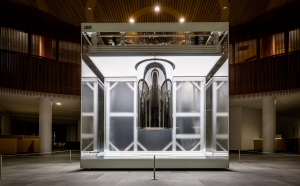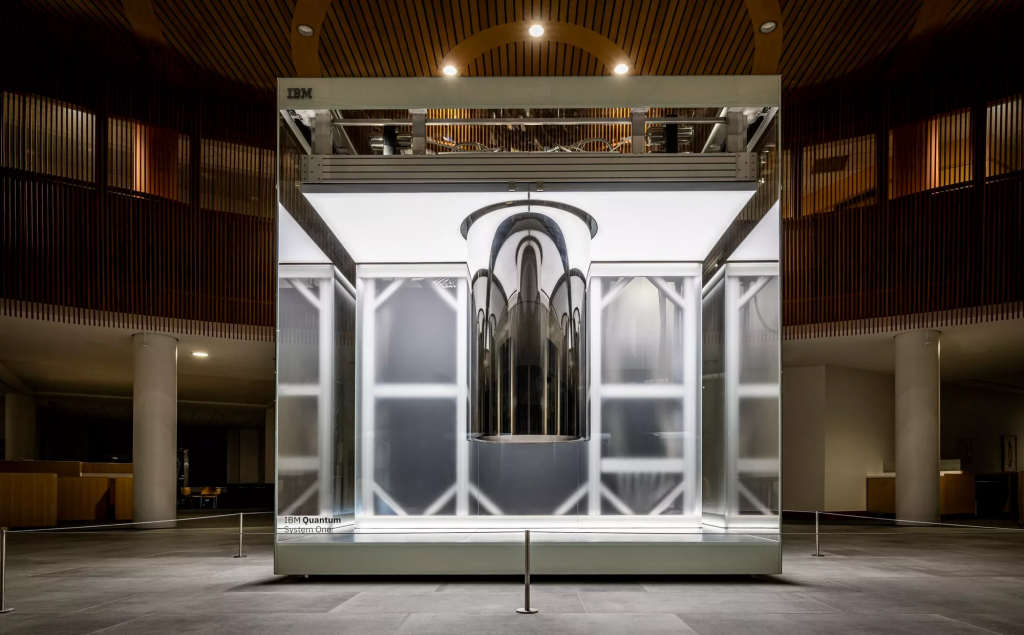Sept. 11, 2025 — Two Cleveland Clinic research teams were selected as phase one winners of the National Institutes of Health (NIH) first quantum computing challenge.
 The challenge asked researchers to propose novel quantum computing approaches that can be applied to use cases within clinical, translational and biomedical problem areas. The NIH only selected ten teams in the first round of the competition. Cleveland Clinic was the only organization to have two teams selected.
The challenge asked researchers to propose novel quantum computing approaches that can be applied to use cases within clinical, translational and biomedical problem areas. The NIH only selected ten teams in the first round of the competition. Cleveland Clinic was the only organization to have two teams selected.
The one team led by Kenneth Merz, PhD, Center for Computational Life Sciences, is working on a project titled “Alchemical Free Energy Calculations Using Quantum Hardware.”
This project will use quantum computing to predict how molecules behave in water and how they interact with proteins. The researchers designed a hybrid method that will use a quantum computer to calculate the energy and behavior of a drug molecule, while a classical computer will simulate the surrounding solvent. The simulations will be possible through a method called quantum mechanics / molecular mechanics and IBM’s Qiskit platform.
The other team includes researchers from Cleveland Clinic and IBM, partnering through the Discovery Accelerator, and Case Western Reserve University. The researchers are collaborating on a project titled “Quantum Tensor Decomposition for Medical Image Analysis.”
The project, led by Xiaojuan Li, PhD, Cleveland Clinic, and Aritra Bose, PhD, IBM, explores how quantum computing can analyze medical images. The team will use a method called quantum tensor decomposition to remove noise, improve how images separate tissue and create sharper, more detailed images. The team will initially focus on magnetic resonance imaging for knees.
Both teams will advance to the second stage of the competition that challenges them to develop and implement their application on quantum hardware. Five teams will be selected from the second phase to compete for the grand prize of $300,000.
Learn more about the challenge here.
Source: Cleveland Clinic Lerner Research Institute

